Sustainability has become a cornerstone of modern interior design, driving innovation in the materials we use to create furniture and decor. Choosing eco-friendly materials not only helps reduce environmental impact but also brings unique aesthetic and functional benefits to living spaces. Here, we explore some of the most innovative and sustainable materials reshaping the design landscape.
1. Recycled Wood and Timber
Recycled wood is a versatile and highly sustainable material that retains its natural beauty while reducing deforestation. By repurposing timber from old buildings, furniture, or industrial waste, designers can create stunning pieces with a rustic charm. This approach not only minimizes waste but also preserves the character and history of the material.
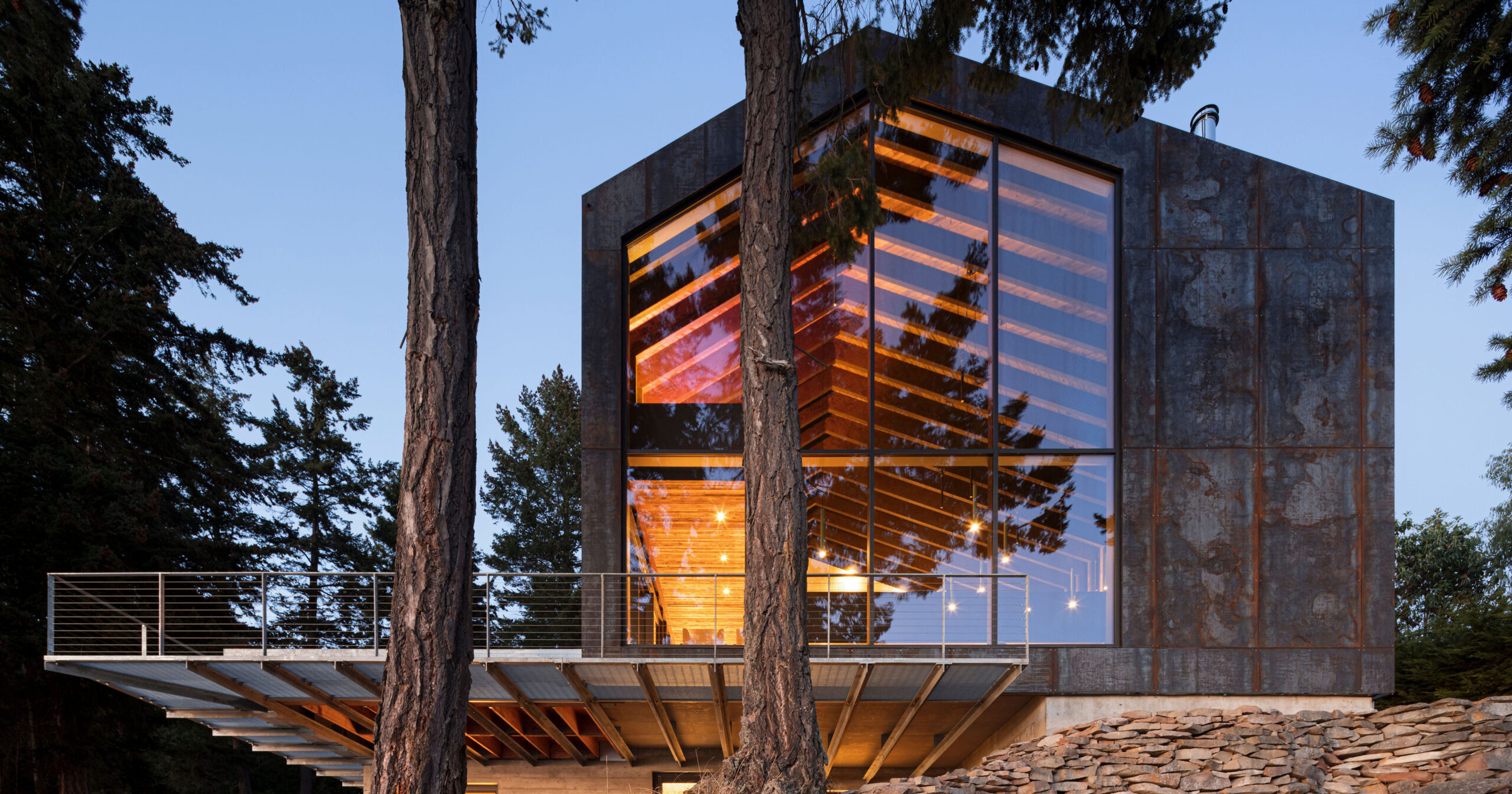
2. Bamboo: The Renewable Wonder
Bamboo is one of the fastest-growing plants on Earth, making it an excellent renewable resource. Its strength, flexibility, and aesthetic appeal have made it a popular choice for flooring, furniture, and even wall paneling. Unlike traditional hardwood, bamboo regenerates quickly, ensuring a constant supply without environmental degradation.
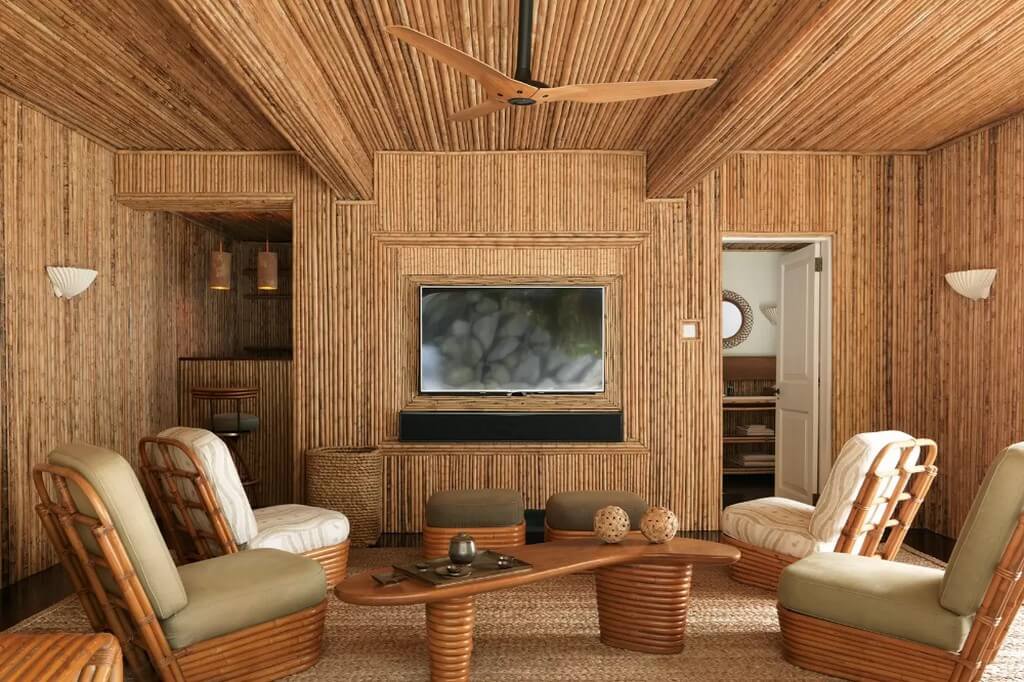
3. Cork: Lightweight and Sustainable
Cork, harvested from the bark of cork oak trees, is an eco-friendly material that does not harm the tree during extraction. Its lightweight, insulating, and sound-absorbing properties make it ideal for flooring, wall coverings, and furniture. Additionally, cork's natural texture adds warmth and depth to any space.
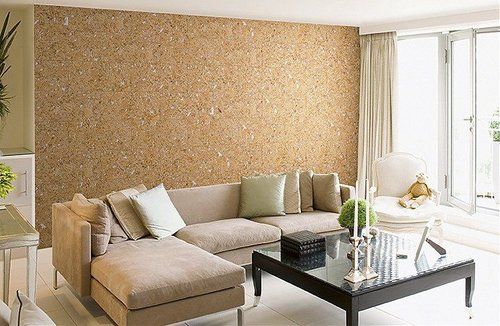
4. Recycled Metals
Using recycled metals like aluminum, steel, and brass in furniture and decor reduces the demand for newly mined materials. These metals are durable, versatile, and can be given a polished or industrial finish to suit various design styles. Recycled metals also contribute to a circular economy by reducing waste and energy consumption.
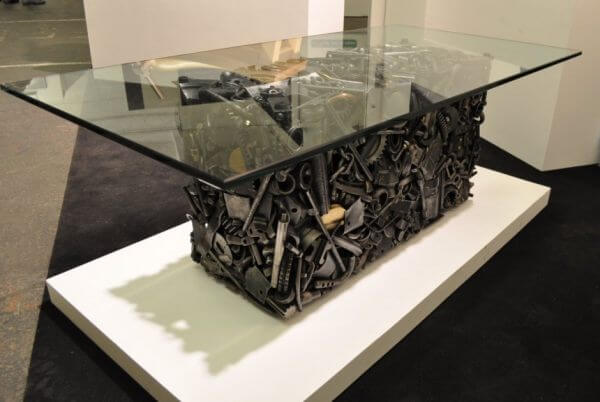
5. Bioplastics and Plant-Based Composites
Traditional plastics are a major environmental concern, but bioplastics made from renewable sources like corn starch, sugarcane, or algae are emerging as a sustainable alternative. Plant-based composites, such as hempcrete and mycelium (a material made from fungal networks), are also gaining traction in modern design for their biodegradability and innovative aesthetics.
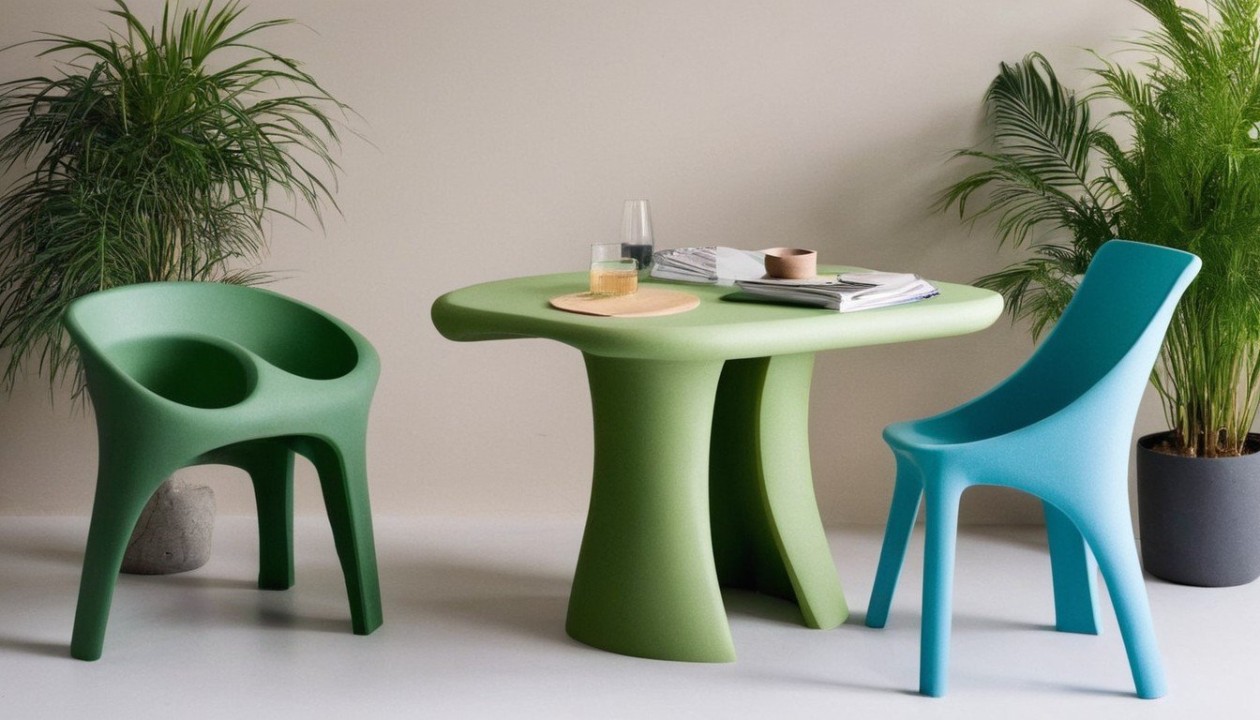
6. Upcycled Textiles
Textiles made from recycled or upcycled materials, such as discarded fabrics, plastic bottles, or fishing nets, are transforming the world of upholstery and decor. These materials not only reduce waste but also inspire creativity through their unique textures and patterns. Brands are increasingly adopting such textiles to create stylish yet sustainable designs.
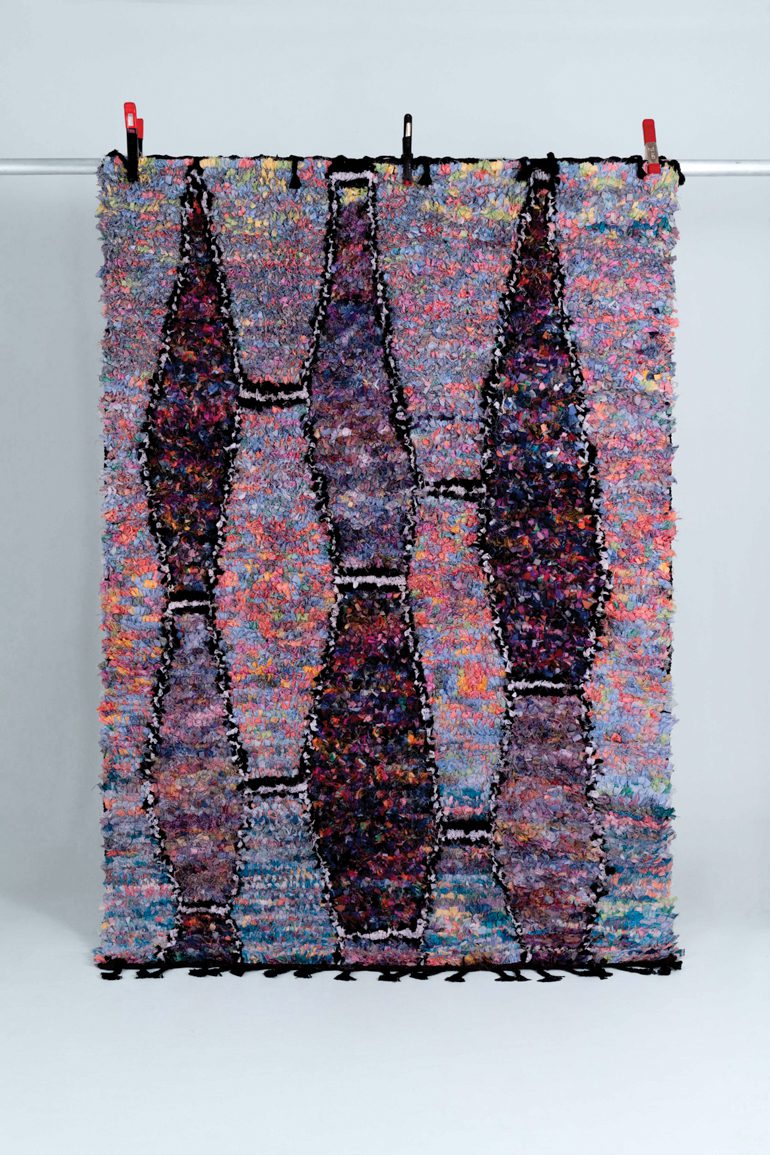
7. Natural Stone and Concrete Alternatives
While natural stone is a timeless choice in interior design, its extraction can be environmentally damaging. Designers are now turning to recycled concrete and engineered stone as sustainable alternatives. These materials offer the same durability and elegance while significantly reducing environmental impact.
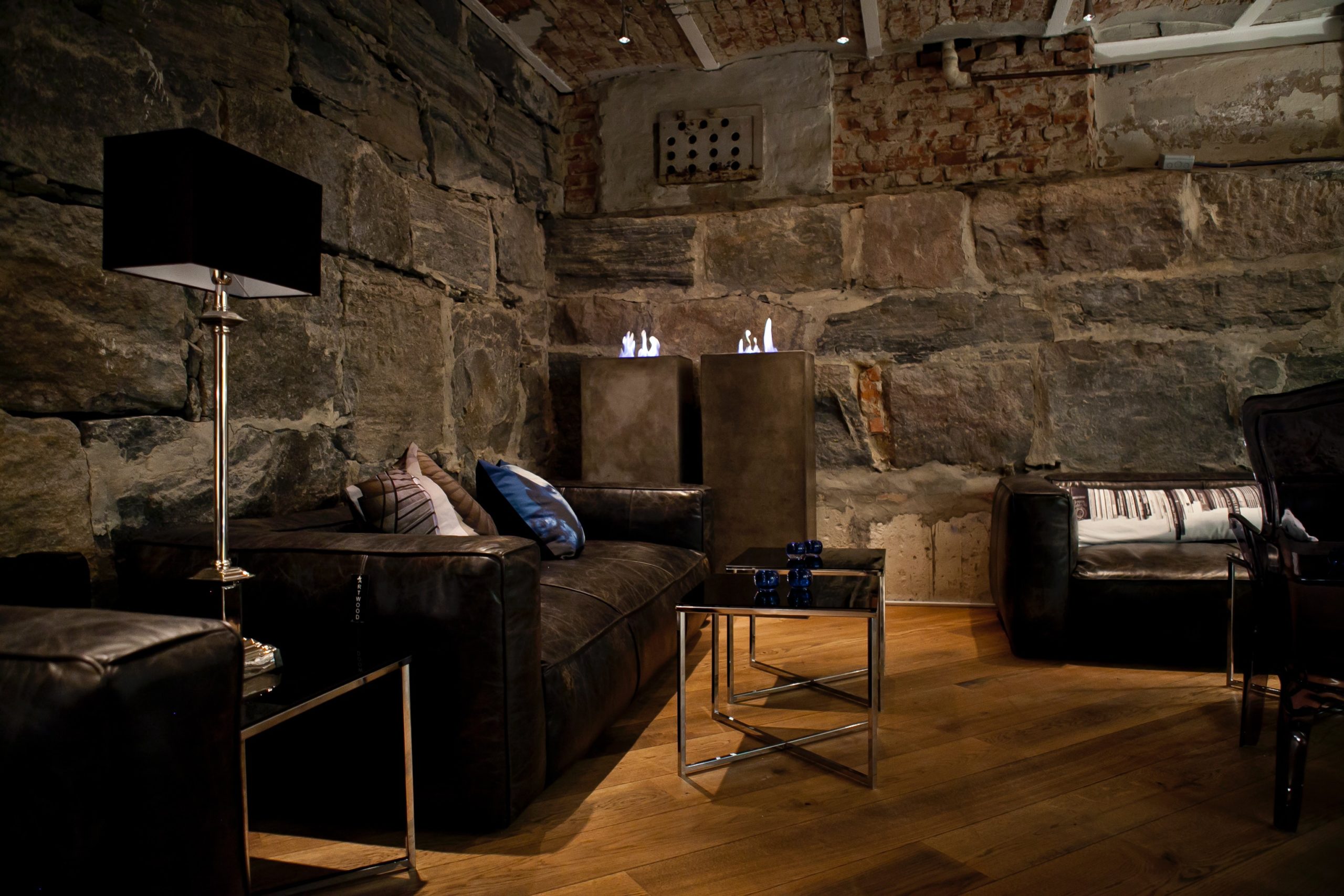
8. Low-VOC Finishes
Volatile organic compounds (VOCs) in paints, stains, and finishes can negatively impact indoor air quality. Low-VOC and non-toxic finishes are not only better for the environment but also promote healthier living spaces. They come in a wide range of colors and finishes, allowing designers to prioritize both style and sustainability.
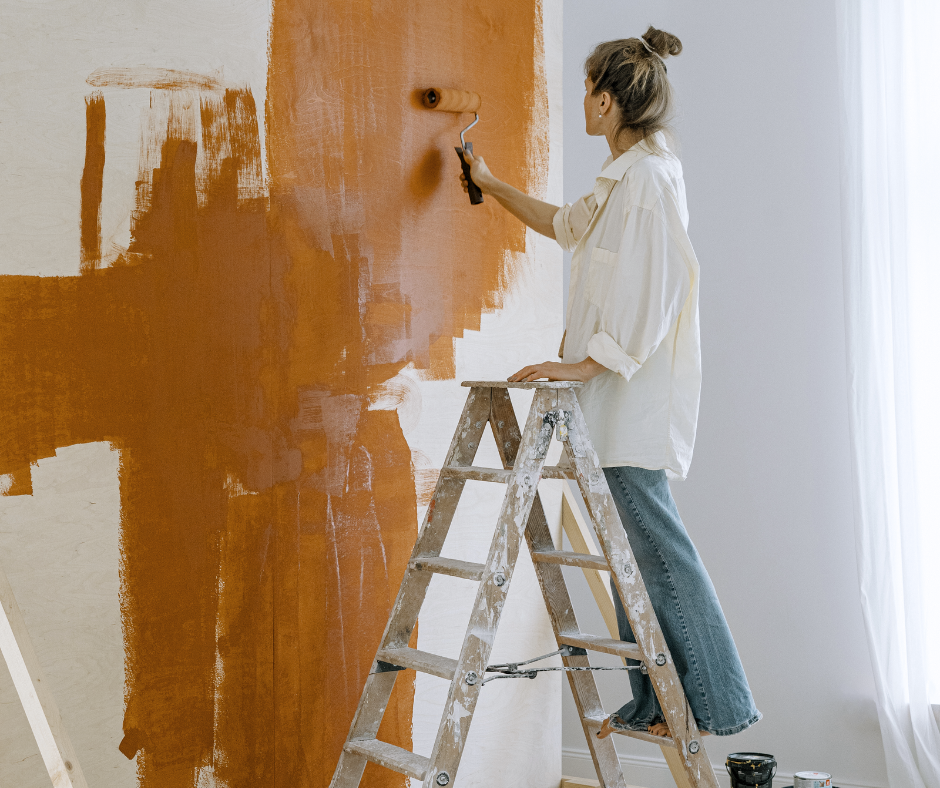
Conclusion
Incorporating eco-friendly materials into interior design is no longer a trend but a necessity for a sustainable future. These materials not only minimize environmental impact but also add character, texture, and innovation to modern spaces. By choosing sustainable options, designers and homeowners alike can create interiors that are both stylish and responsible, paving the way for a greener planet.










